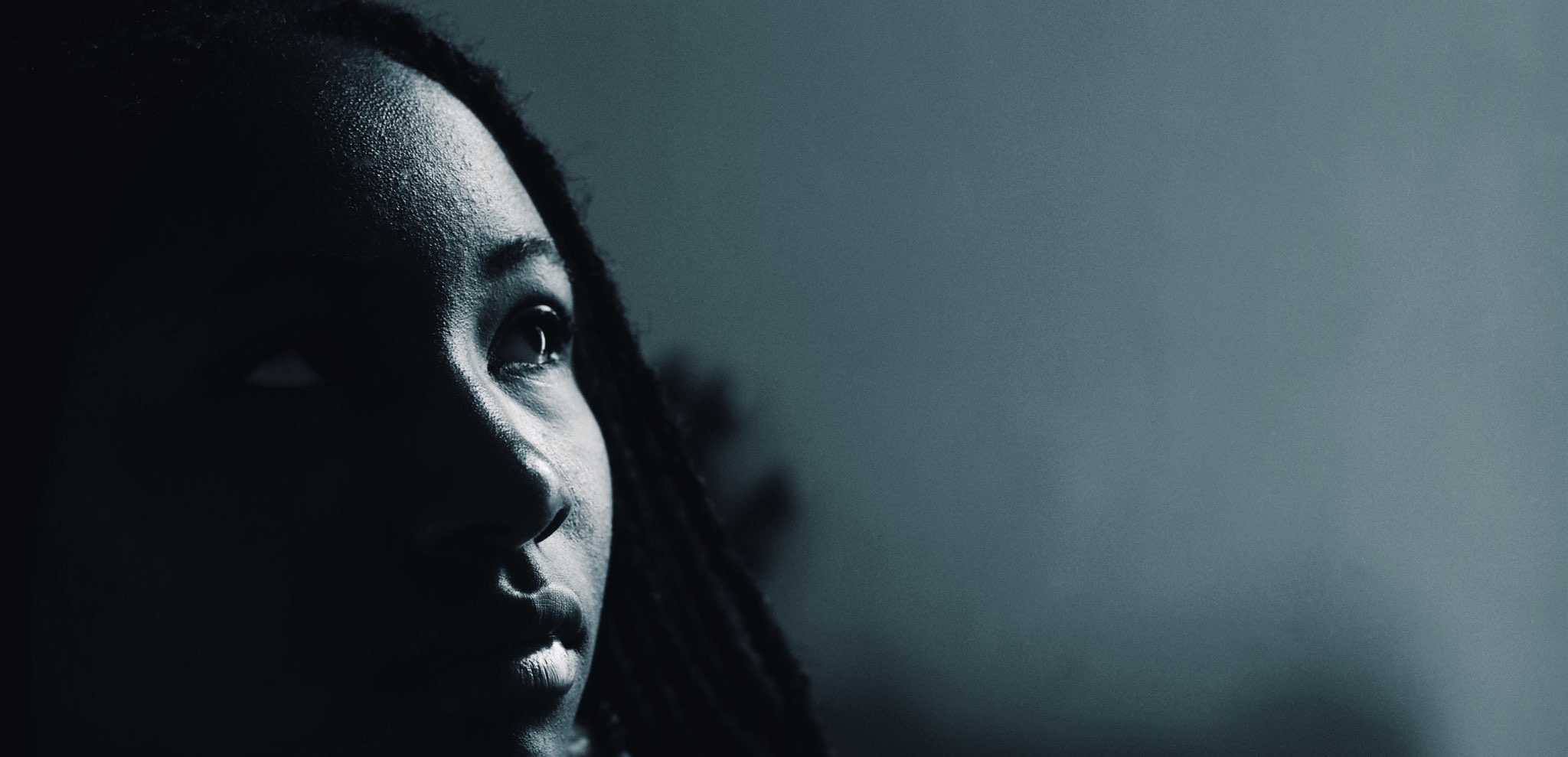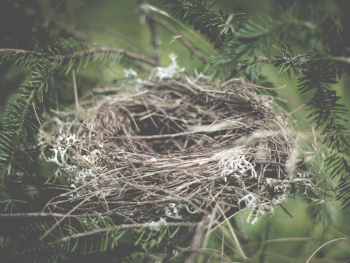Pregnancy Loss: Breaking the Silence
Pregnancy loss. We all know it happens.
Either it’s part of your own story, or likely you know someone who survived one (or several).
It actually happens more than we care to discuss.
Pregnancy loss, or miscarriage, affects a 25% of women who have been pregnant by age 39. This means that 1 in every 4 women suffers a pregnancy loss.
But, if it happens so often, why are we so astonishingly close-mouthed and secretive about it?
It remains a private, unmentionable story that only comes up in selective conversations among women. And usually after the fact, when it’s over and done.
Pregnancy loss ends up being a hush-hush experience many suffer through in silence.
Miscarriage Heartache
It’s common to wait until 12 weeks to share your pregnancy news. In some crowds, it can even be frowned upon to announce it “too early.”
So, when early pregnancy loss strikes, many women, who were already shrouding their pregnancy in secrecy, are left in isolation to pick up the pieces after suffering such a devastating blow.
With pregnancy loss, there is no funeral service and repasse to attend. No obituary to write. There’s no mailbox full of sympathy cards arriving day after day. No endless offers to drop off a casserole.
What is present, is the consuming grief and sorrow that accompanies bereavement.
Along with sorting through the emotional pieces of grief, there is also the traumatic physical loss. Many women suffer through a horrifying or life-threatening miscarriage or stillbirth.
It’s inconceivable to wrap your brain around the reality that what is supposed to be there, safe and protected deep within your body, is no longer there. It doesn’t make sense!
Your pregnancy joy was kept a secret. It was reserved for your partner in the privacy of your home. And now, your loss, also kept a secret, seems almost…invisible. But, the anguish you feel is inescapable!
Life After Miscarriage
Miraculously, you must find a way to carry on after your pregnancy loss.
You’re painfully aware that things are not the same. You are not the same. But, you’re expected to return to living the same life you lived before your loss.
It’s a struggle to force any gusto to engage in your day-to-day activities. Going to work, paying the bills, grocery shopping, and cooking dinner are excruciating!
So, it should come as no surprise that a 2016 London study revealed that women are at risk of developing post-traumatic stress disorder (PTSD) following an early pregnancy loss before 12 weeks.
This isn’t startling news for those who have survived a loss. Rather, it speaks to the pain that countless women endure. It also unmistakably implores us to break the conventional silence, and be more open to discuss our pregnancy loss stories.
And, it can’t go unsaid that now that we’ve substantiated the link between trauma and pregnancy loss, there’s a resounding cry to serve pregnancy loss survivors. We must be willing to show up, see their pain, and meet their needs with proper follow up care.
Yes. Pregnancy loss happens. And often. So, let’s start talking about it.
If you’re struggling through a pregnancy loss and seeking support, contact me here – I’d love to connect with you! Also, if you know someone who has recently experienced a pregnancy loss, send them a Pregnancy Loss Card from Dr. Jessica Zucker (they’re all kinds of dope, real-talk, and just plain lovely empathy).

 Hi, I’m Sarah! I work with pregnant and postpartum mothers helping them to re-establish a sense of identity as a new mom and find emotional balance. I’m also passionate about working with mothers of young children by guiding them on the path to wellness and living a meaningful life.
Hi, I’m Sarah! I work with pregnant and postpartum mothers helping them to re-establish a sense of identity as a new mom and find emotional balance. I’m also passionate about working with mothers of young children by guiding them on the path to wellness and living a meaningful life.
 The Gift of Receiving Postpartum Support In Community
The Gift of Receiving Postpartum Support In Community